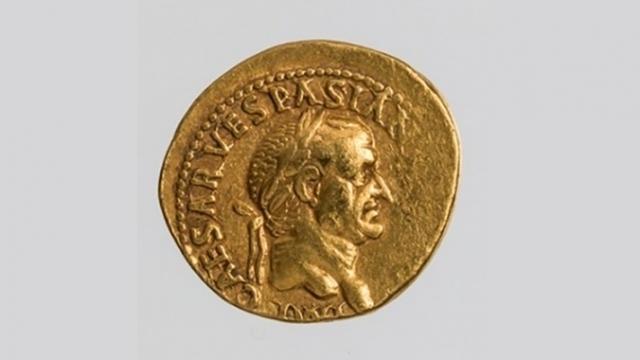
The appearance, character, and behaviour of Roman emperors were mocked and criticised in pamphlets, poetry, chants, and graffiti. The ideal ruler was supposed to endure such jibes with equanimity and good humour. However, sometimes Roman emperors (such as Augustus, Claudius, and Vespasian) responded to these popular criticisms by issuing edicts or delivering speeches defending themselves and their actions. The sole surviving example of such an imperial reply is Julian’s Misopogon, a satirical defence of his own life and character in response to the criticisms of the people of Antioch. This paper considers why Roman emperors chose to answer their critics and how their responses changed between the Principate and Late Antiquity.
Reception to follow in the Classics Museum.
Presenter:
Associate Professor Caillan Davenport Head of the ANU Centre for Classical Studies
Location
Speakers
- Assoc Prof Caillan Davenport, Head of ANU Centre for Classical Studies
Contact
- Estelle Strazdins